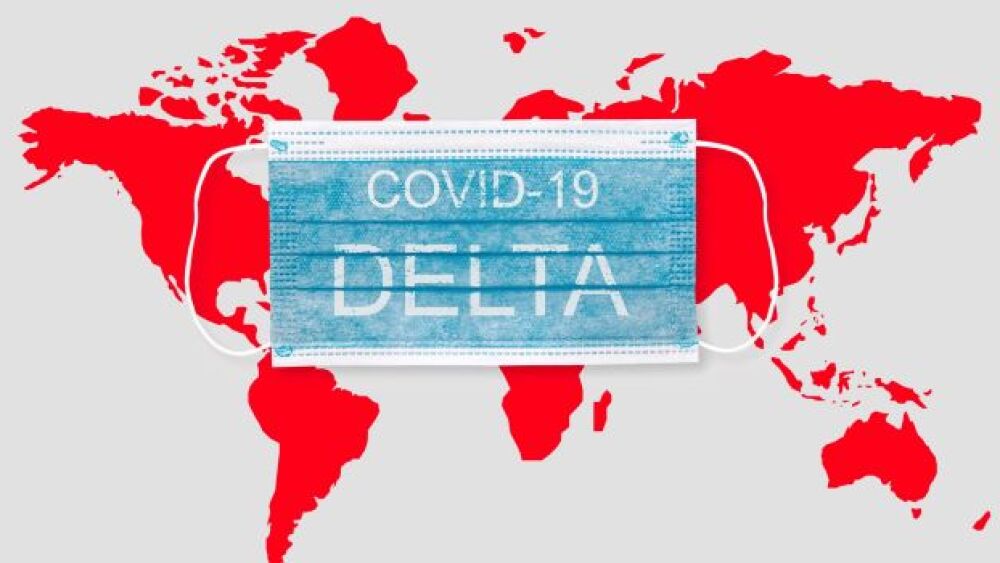MEXICO CITY, Mexico, November 19 /PRNewswire-FirstCall/ -- In a campaign to significantly reduce the most common cancer affecting Mexican women, the Mexican Public Health Agency (Secretaria de Salud or SSA) has announced it is launching the first phase of a program that will offer testing for human papillomavirus (HPV), the primary cause of cervical cancer, to low-income women age 35-65. The cost of the testing will be covered by the agency. In the first phase of the screening program, which is beginning this month, more than 200,000 women in the lowest-income 125 counties are being offered the papillomavirus test along with the traditional Pap smear. In 2009, the pilot program will be expanded to include another 600,000 women in the 20 states with the highest death rate from cervical cancer.
Since taking office, President Felipe Calderon has made reducing health inequalities in Mexico a top priority for his administration. Cervical cancer is a major focus of this campaign, since so many Mexican women are affected - more than 12,000 a year. One of the national initiatives to date has been coordination among the social, private and public sectors to increase the efficiency and efficacy of cervical cancer prevention by modifying the Official Mexican Norm (NOM-014-SSA2-1994) for the disease. The changes are designed to better facilitate the prevention, diagnosis and treatment of cervical cancer among the most vulnerable women through public education and use of the most advanced, effective technologies for screening - including the HPV test.
Infection with the papillomavirus is very common. In fact, the World Health Organization estimates that 11 percent of Mexican women carry cervical HPV at any given time.
"As in many countries, cervical cancer is the most prevalent cancer in Mexican women between the ages of 15-44. Every year, more than 12,000 Mexican women are diagnosed with cervical cancer and nearly half of them die. Yet this is an entirely preventable disease," said Peer Schatz, CEO of QIAGEN , the company that developed the digene(R) HPV Test, which will be used in the SSA's program and is the only such test approved by the U.S. Food and Drug Administration. It also is available in many other countries of the world. "The Mexican government is taking a leadership role in Latin America, and the world, and QIAGEN is committed to joining with the SSA to assure that our advanced screening technology is accessible to women everywhere, no matter what their income level or social class."
In the majority of women, the virus goes away or is suppressed by the body before it causes any problems. However, in others, the infection lingers and can cause abnormal cells to form. While the traditional Pap smear is usually able to find abnormal cells, it sometimes misses them. A study published in the Journal of the National Cancer Institute found that about one-third of invasive cervical cancers developed in women whose smears had appeared normal. In contrast, HPV testing detects the presence of the virus itself. In the national norms for cervical cancer prevention, which were updated in 2007, physicians are advised that they can supplement the Pap with HPV testing in women 25-65 for additional protection. If abnormal cells are diagnosed early, they can be removed before they develop into cervical cancer.
It is estimated that 6 million women a year will be eligible for HPV testing through the Mexican public health system once the screening program is national. An additional 1 million women can access the test using private insurance.
About HPV and cervical cancer (theHPVtest.com and theHPVtest.com/espanol)
Worldwide, cervical cancer affects nearly 500,000 women annually and, after breast cancer, is the second-most-common malignancy found in women. Cervical cancer is caused by "high-risk" types of the human papillomavirus (HPV). It's estimated that 80 percent of women will get an HPV infection at some point in their lives. However, in most cases, the infection goes away or is suppressed by the body without causing problems. It is only infections that persist that can cause abnormal cells to form that may develop into cervical cancer if not detected and treated early. In Mexico, current estimates from the World Health Organization indicate that 12,516 women are diagnosed with cervical cancer every year, and 5,777 die from the disease.
About QIAGEN (qiagen.com)
QIAGEN N.V., a Netherlands holding company, is the leading global provider of sample and assay technologies. Sample technologies are used to isolate and process DNA, RNA and proteins from biological samples such as blood or tissue. Assay technologies are used to make such isolated biomolecules visible. QIAGEN has developed and markets more than 500 sample and assay products as well as automated solutions for such consumables. The company provides its products to molecular diagnostics laboratories, academic researchers, pharmaceutical and biotechnology companies, and applied testing customers for purposes such as forensics, animal or food testing and pharmaceutical process control. QIAGEN's assay technologies include one of the broadest panels of molecular diagnostic tests available worldwide. This panel includes the only FDA-approved test for human papillomavirus (HPV), the primary cause of cervical cancer. QIAGEN employs more than 2,900 people in over 30 locations worldwide.
Certain of the statements contained in this news release may be considered forward-looking statements within the meaning of Section 27A of the U.S. Securities Act of 1933, as amended, and Section 21E of the U.S. Securities Exchange Act of 1934, as amended. To the extent that any of the statements contained herein relating to QIAGEN's products, markets, strategy or operating results are forward-looking, such statements are based on current expectations that involve a number of uncertainties and risks. Such uncertainties and risks include, but are not limited to, risks associated with management of growth and international operations (including the effects of currency fluctuations and risks of dependency on logistics), variability of operating results, the commercial development of the applied testing markets, clinical research markets and proteomics markets, women's health/HPV testing markets, nucleic acid-based molecular diagnostics market, and genetic vaccination and gene therapy markets, changing relationships with customers, suppliers and strategic partners, competition, rapid or unexpected changes in technologies, fluctuations in demand for QIAGEN's products (including fluctuations due to general economic conditions, the level and timing of customers' funding, budgets, and other factors), our ability to obtain regulatory approval of our infectious disease panels, difficulties in successfully adapting QIAGEN's products to integrated solutions and producing such products, the ability of QIAGEN to identify and develop new products and to differentiate its products from competitors' products, market acceptance of QIAGEN's new products and the integration of acquired technologies and businesses. For further information, refer to the discussions in reports that QIAGEN has filed with, or furnished to, the U.S. Securities and Exchange Commission (SEC).
CONTACT: Investor Relations: Dr. Solveigh Mahler, Director Investor
Relations, QIAGEN N.V., +49-2103-29-11710, e-mail:
solveigh.maehler@qiagen.com. Albert F. Fleury, Director Corporate Finance
and Investor Relations North America, QIAGEN Gaithersburg, Inc.,
+1-301-944-7028, e-mail: albert.fleury@qiagen.com. Media Relations: Dr.
Thomas Theuringer, Associate Director Public Relations, QIAGEN GmbH,
+49-2103-29-11826, email: thomas.theuringer@qiagen.com. Myriam Maldonado
Tapia - Gricorp Ketchum, +52-45-88-55. ext. 202 (Mexico),
myriam.maldonado@ketchum.com




